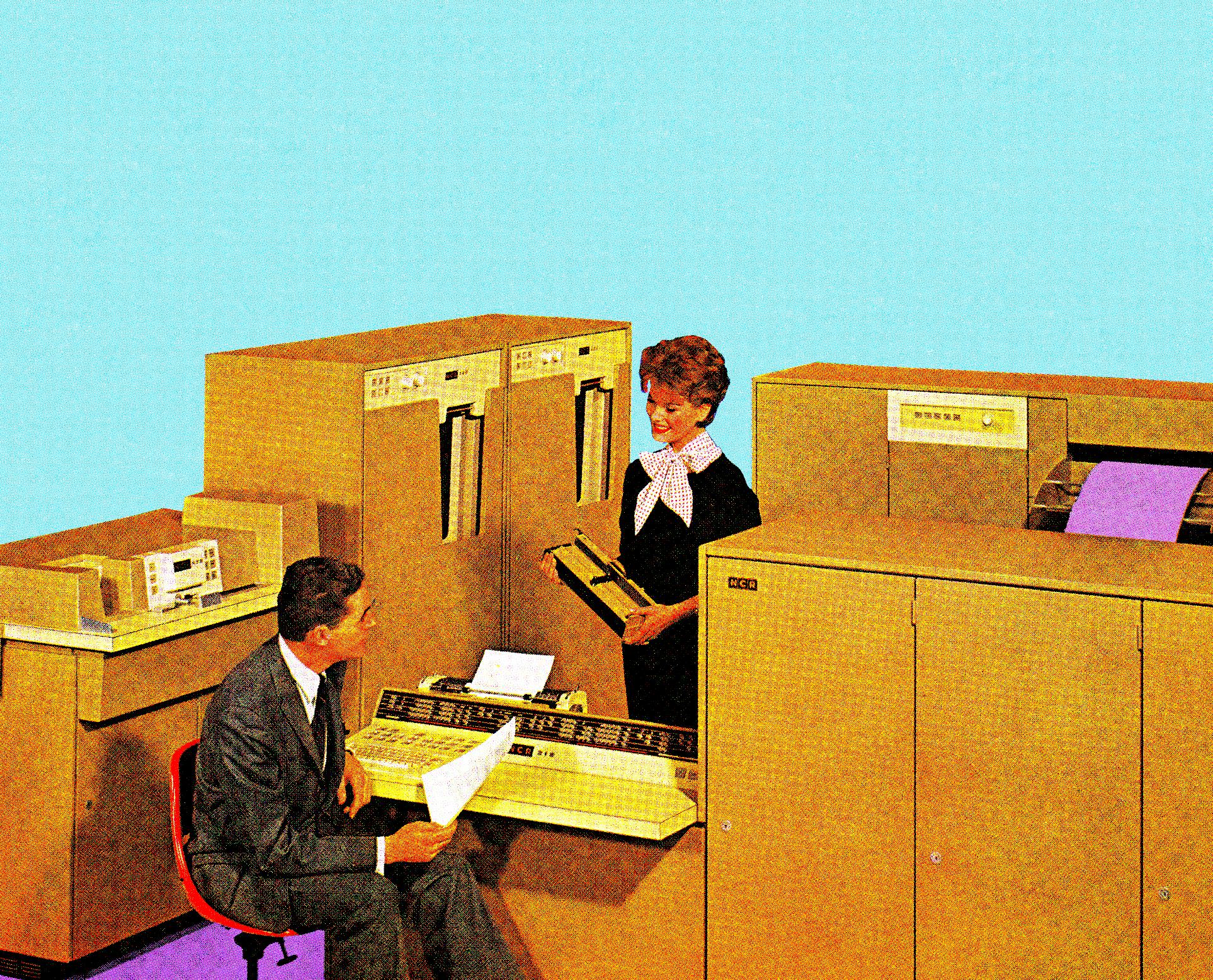Bill Gates’ retirement goals aren’t for everyone…
Most Americans think, or maybe hope, that they’ll have stopped working full-time by their late 60s
Pulling a Buffett
At 68, Bill Gates is co-chair of one of the largest charitable foundations in the world; an advisor at Microsoft, the tech giant he co-founded almost 50 years ago; and (soon, at least,) the host of a new five-part Netflix documentary series. To him, stepping away from full-time work “sounds awful”.
In a recent interview with CNBC, the billionaire said that he aims to follow in the footsteps of his 94-year-old friend Warren Buffett and delay retirement — “at least 10 years… hopefully it’ll be more like 20 or 30”. Unsurprisingly, the majority of workers in the US don’t feel the same way. In fact, many Americans are looking to stop working earlier.
Feelin’ Sixty-Two
According to the Fed Reserve Bank of New York’s most recent analysis of the triannual Survey of Consumer Expectations, American workers thought there’d be a 46% chance that they’d still be working full-time when they were 62+, on average. That’s down significantly on the 58% likelihood that the survey reported back in 2016. Respondents also cut the likelihood to just 31% by the time they reach 67, 2 years younger than Gates will be in October.
While the thought of bowing out might not appeal to the former head of Microsoft, the reality of retirement actually comes as a pleasant surprise to millions of Americans, with 74% of retirees saying they’re financially comfortable in retirement, compared to just 45% who expected to be, per a recent Gallup poll.
